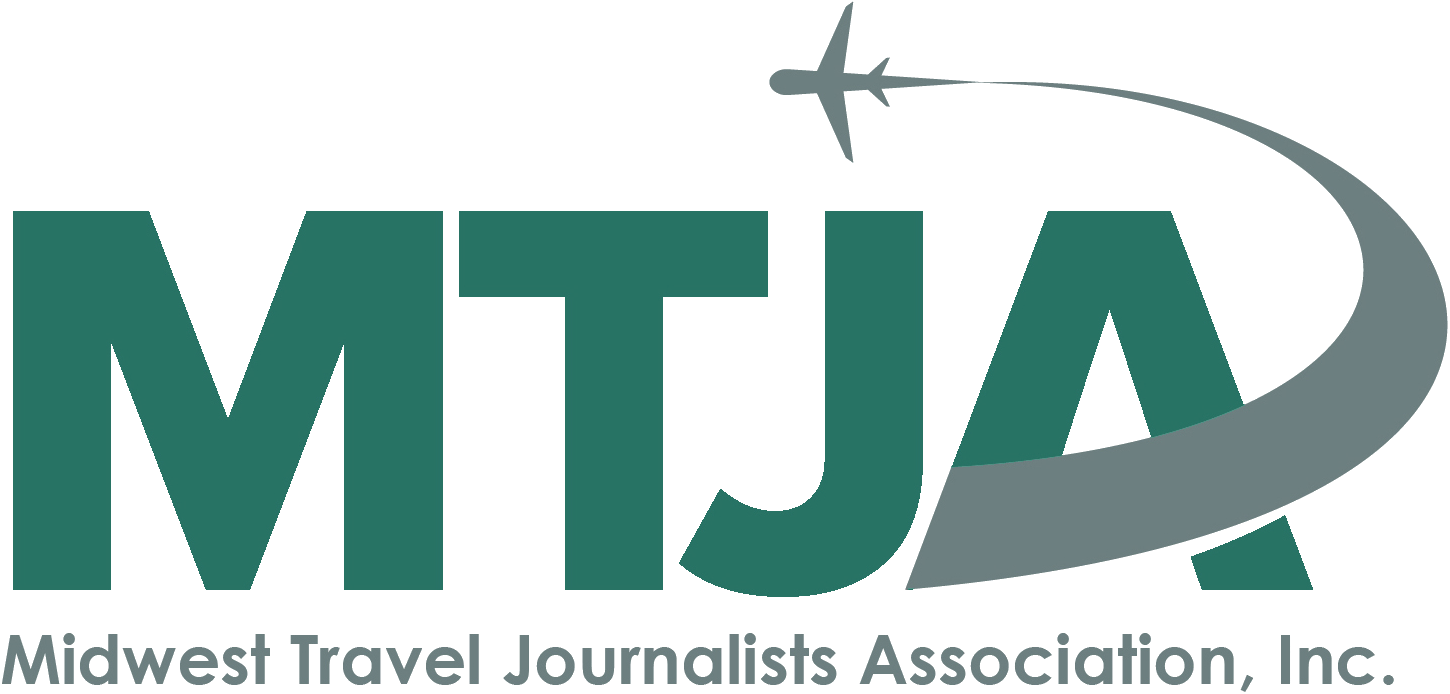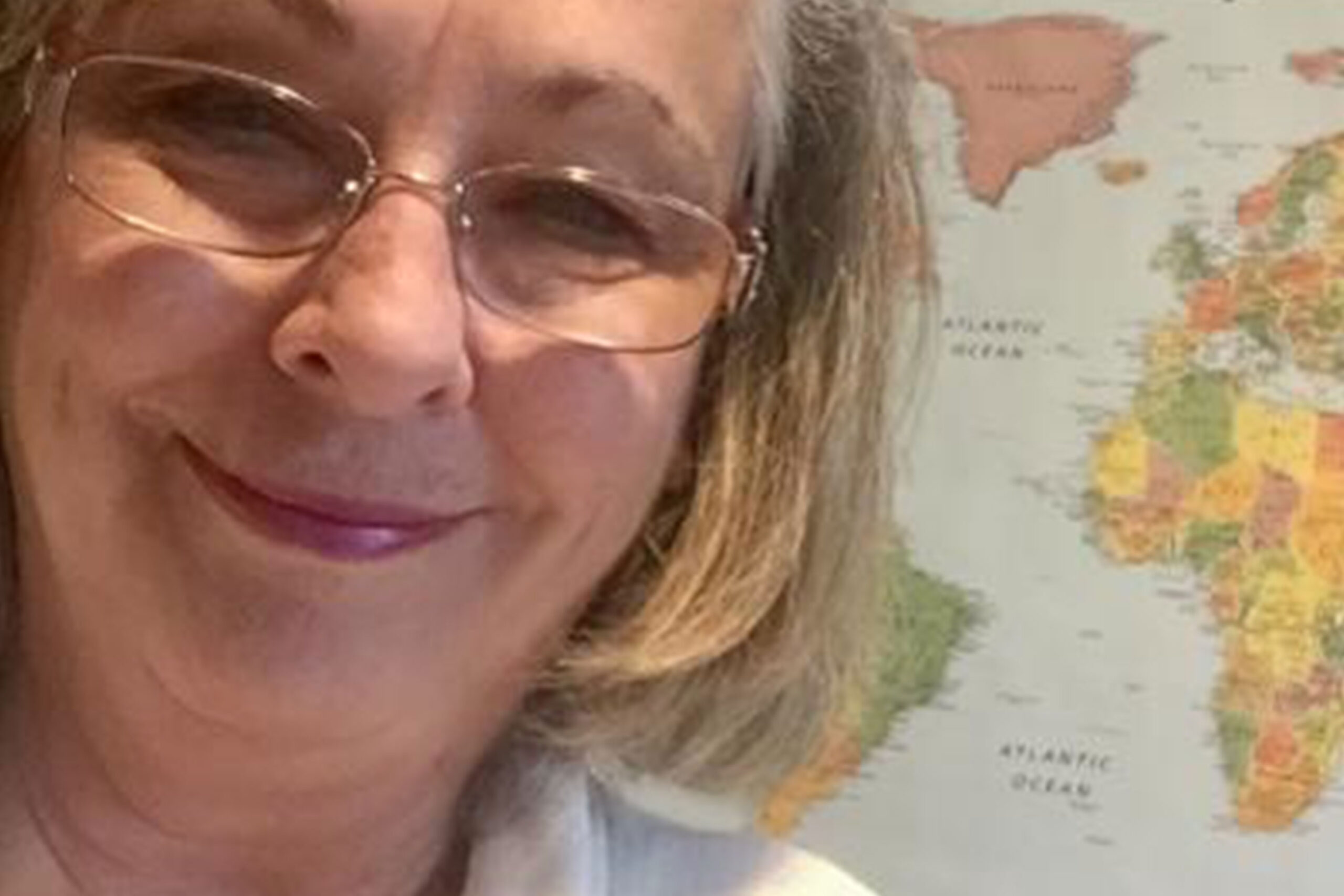Active Member, Midwest Travel Journalists Association
Freelance Writer and Author, Parkville, Missouri
How do you find unique story ideas and destinations to cover, especially in an era where so much travel content is readily available?
Take time to talk to locals, ask questions, look for details, read the fine print at museums. Go for a walk in the woods and get down on your knees, exploring the smallest of plants and the movement of insects. Don’t just dig your toes in the sand, but understand how that sand is different on this beach from the other beaches. That’s where you’ll find the good stuff, the richness that much of today’s media coverage overlooks and where the glory of travel is held.
How do you balance capturing the beauty and excitement of a place with the need for accuracy and honest reporting?
Accuracy and honesty are a writer’s highest priority. However, I believe they can go hand in hand, complementing the beauty and excitement of a destination.
What role does your Midwest background play in your perspective on travel and the stories you choose to tell?
In addition to being a Midwestern, I was born and raised on a family farm, which remains in our family. Much of my extended family still lives and works in small towns and rural areas. As a result, I believe I understand and appreciate the authenticity and value of these communities in ways that many writers don’t. While I enjoy experiencing the large cities of the world and the stories they provide, I gravitate to small towns and rural areas and the people of the world who live there. Their stories and experiences are often the most unique and insightful to the culture and its history.
Can you describe a particular assignment or project that you’re especially proud of and why it stands out to you?
My maternal grandfather served in WWI. Not a lot of people these days have that connection to something more than a century past. At the 100th anniversary of the start of the war, my sister and I took Grandpa’s journal and a framed photo of him in his Army uniform and traveled to Belgium and France to the battlegrounds where he served, to the cemeteries where his comrades lay in rest. The combination of my emotional connection and my love for history created a series of stories for which I won numerous awards and, more significantly, honor the service of my beloved grandpa.
What are your go-to tools and techniques for staying organized and productive while traveling and working?
I try to have all pending assignments complete when I hit the road so that I can focus all energies on the destination and assignment at hand. I try to be in the moment, not worrying about immediate social media posts, etc. It is important for me to have down time in the evening to peruse my notes and fill in any blanks while information and impressions are fresh. If I notice major omissions or confusion, I make every effort to clarify while I’m still on site. I scroll through photos and begin to internally organize.
How has the travel journalism industry changed since you started, and where do you see it heading in the future?
I wrote my first travel story on a manual typewriter and mailed it via the U.S. Postal Service. At that time, my imagination did not comprehend the potential for all we have today. I do hope the future holds honesty and curiosity and sensitivity in all that we do.
What are some of your favorite destinations to write about or photograph, and what makes them special to you?
In the U.S., our national parks. They really are the best of America.
What are the key qualities or skills that you believe every successful travel journalist should possess?
Curiosity, compassion, tolerance.

